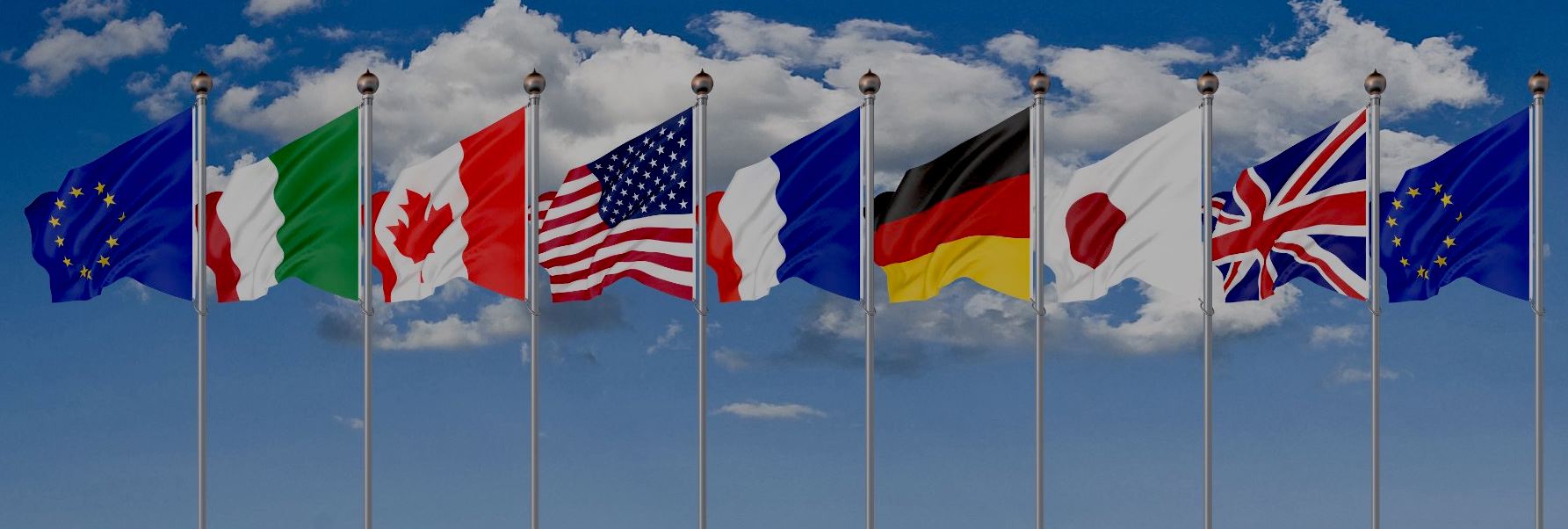Only three of the world’s 23 developed countries are meeting their fair share of their joint pledge to shore up $100 billion per year in public and private climate finance by 2020 – causing the group to miss the target for a second year in a row.
A study released this month by the independent think-tank ODI found that only Germany, Norway and Sweden are stumping up their fair share of the pledged climate finance. That holds true whether the fair share sum is calculated in terms of a country’s gross national income, its population size in 2019, or its carbon dioxide emissions between 1990 and 2019.
The worst offenders – Australia, Canada, Greece, New Zealand, Portugal and the United States – are contributing less than 20 per cent of their fair share.
The developed world’s ability to both meet the climate finance commitment and set out plans for scaling it up after 2025 is crucial to the success of November’s United Nations COP26 summit in Glasgow. It would show developing countries that the developed world can be trusted to meet its promises, particularly when poor countries are bearing the worst impacts and biggest costs from climate change as well as Covid-19.
That trust will be needed to build a developed-developing country coalition big enough to agree on stronger targets to cut greenhouse gas emissions and adapt to climate changes at COP26. Germany and Canada are jointly leading talks within the COP26 to deliver on the $100 billion-per-year goal this year.
The 23 wealthy countries pledged in 2009 to jointly mobilise $100 billion a year in public and private finance to help developing countries both adapt to the impacts of climate change and transition to a low-carbon economy. As of 2018, they were still short $21 billion, according to OECD research based on countries’ own reporting.
It is difficult to hold individual countries accountable for pulling their weight in meeting the pledge, because – like other climate accords – it does not come with formulae for apportioning responsibility among the developed countries, the ODI said in its report. The research assesses each country’s fair share under three different metrics – gross national income, population size in 2019, and total CO2 emissions since 1990.

The US’s shortfall is by far the biggest, it found. Even including President Joe Biden’s pledge this year to double the Obama-era climate finance, the country would be missing between $25 billion and $40 billion per year, depending on the metric used. Biden has raised the country’s public climate finance to $2.5 billion in 2021, from an average of $1.9 billion per year, and intends to double it by 2024. But even at $5.7 billion, the US would only be providing 18 percent of its fair share.
Australia, Canada and Italy have a long way to go too, each still paying less than a quarter of their fair share.

Australia should be contributing $2.7 billion to $3.7 billion a year, depending on the metric used. Instead, the country has committed an annual A$1.5 billion ($1.1 billion) for 2021-2025 – a mere 8 percent of its fair share.

Canada’s commitment of C$5.3 billion ($4.2 billion) per year for 2021-2025 accounts for around 24 percent of its fair share.

Italy, co-host of the COP26 with the UK and host of next month’s Pre-COP summit, provided around a quarter of its fair share in 2017-2018, with an average of $1.2 billion, and has not provided enough information to assess its future contributions.
Japan and the UK, instead, are making progress.


Japan’s committed 6.5 trillion Japanese yen ($59.5 billion) from 2021-2025 would bring the country’s contribution up to its fair share, while the UK’s pledged £11.6 billion ($16.1 billion) from 2021-2025 would raise its contribution to 71 percent of the fair share.





